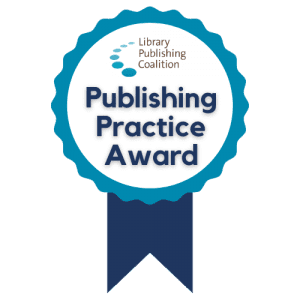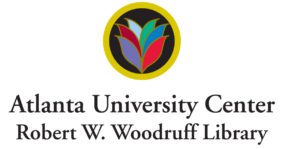October 6, 2022
By Nancy Adams
The Library Publishing Coalition is pleased to announce the formation of a Canadian Community Development Working Group. Initiated by Canadian LPC members, this 6-month working group will engage Canadian scholarly communications stakeholders to explore strategies for developing a stronger Canadian library publisher community. This new group provides an opportunity for Canadian library publishers to grow and develop according to their unique national context.
The LPC provides support for the working group to build upon existing Canadian community engagement efforts and to consult broadly with practitioners and organizations across Canada. The group’s priority is to develop recommendations for supporting and strengthening the community of Canadian library publishers, both from within and outside the LPC.
Members include:
- Sonya Betz, University of Alberta (Chair)
- Emily Carlisle-Johnston, Western University
- Jessica Lange, McGill University
- Michael Nason, University of New Brunswick
- Tanja Niemann, Érudit
- Kate Shuttleworth, Simon Fraser University
- Kevin Stranack, PKP
Stay tuned for more information as the work of this group progresses. If you have any questions feel free to reach out to contact@librarypublishing.org.
————————————
version française
Annonce du groupe de travail sur le développement de la communauté canadienne !
La Library Publishing Coalition a le plaisir d’annoncer la création d’un groupe de travail sur le développement de la communauté canadienne. Mis sur pied par des membres canadiens de la LPC, ce groupe de travail d’une durée de six mois incitera les intervenants canadiens du secteur des communications savantes à explorer des stratégies visant à renforcer la communauté canadienne des bibliothèques qui offrent des services d’édition. Ce nouveau groupe offre aux bibliothèques canadiennes éditrices la possibilité de croître et de se développer dans un contexte national unique.
La LPC offre son soutien au groupe de travail afin qu’il s’appuie sur les efforts d’engagement existants dans la communauté canadienne, et qu’il consulte largement les praticien.ne.s et les organisations à travers le Canada. La priorité du groupe est d’élaborer des recommandations pour soutenir et renforcer la communauté des bibliothèques éditrices canadiennes, tant à l’intérieur qu’à l’extérieur de la LPC.
Les membres sont les suivants :
- Sonya Betz, University of Alberta (Présidente)
- Emily Carlisle-Johnston, Western University
- Jessica Lange, McGill University
- Michael Nason, University of New Brunswick
- Tanja Niemann, Érudit
- Kate Shuttleworth, Simon Fraser University
- Kevin Stranack, PKP
Restez à l’affût, puisque de plus amples informations seront transmises au fur et à mesure que le travail de ce groupe progresse. Si vous avez des questions, n’hésitez pas à communiquer avec nous à contact@librarypublishing.org .





